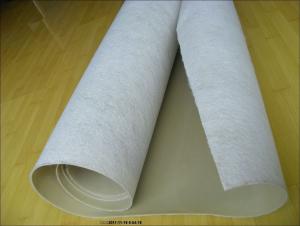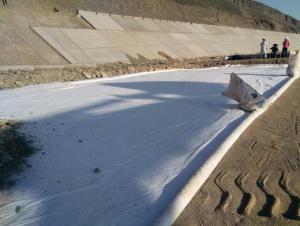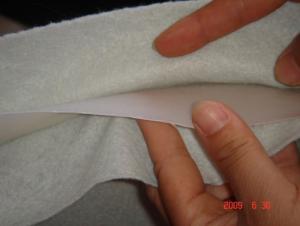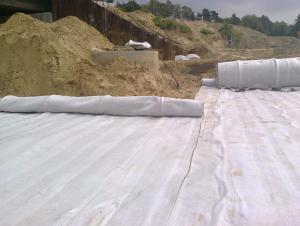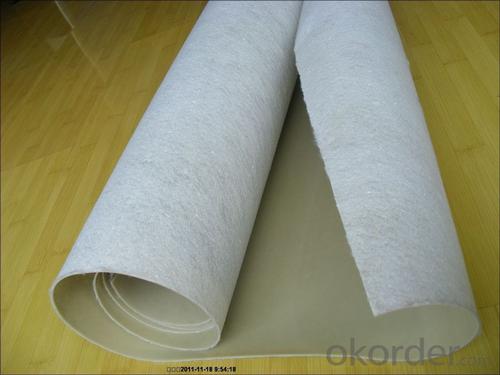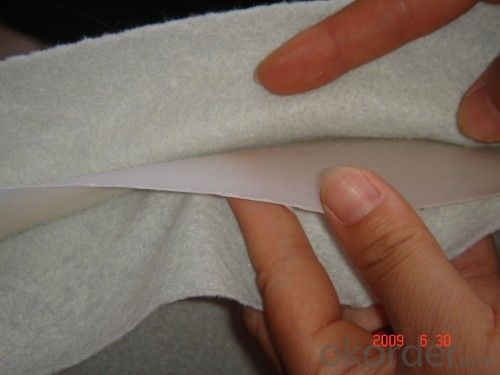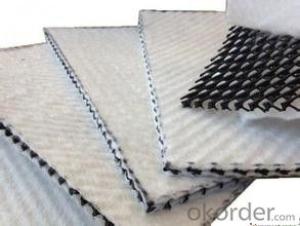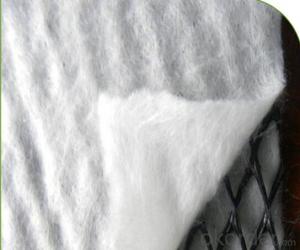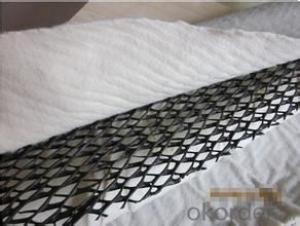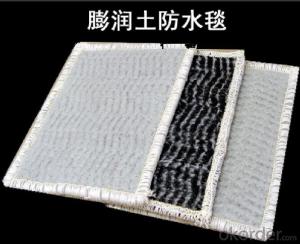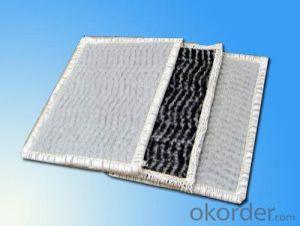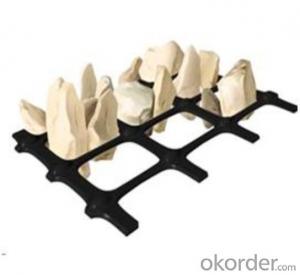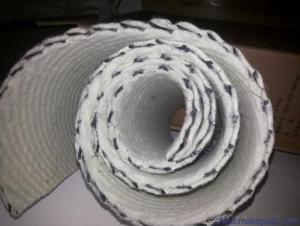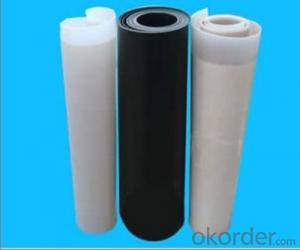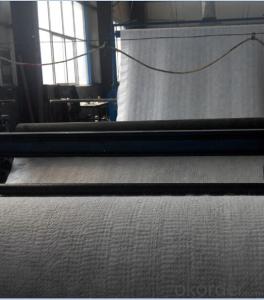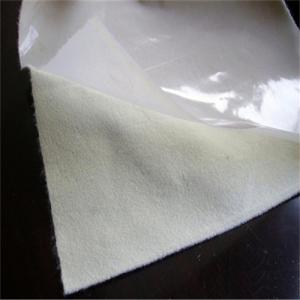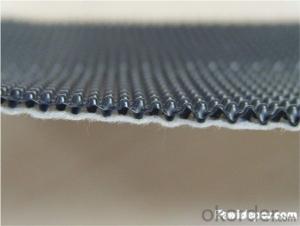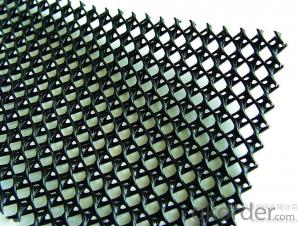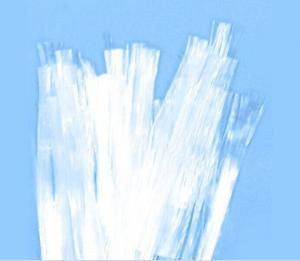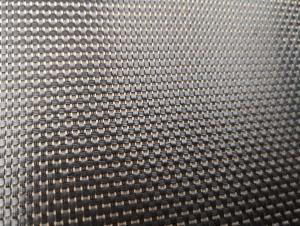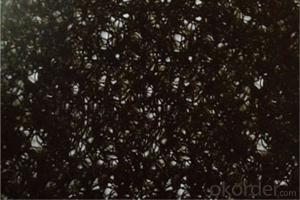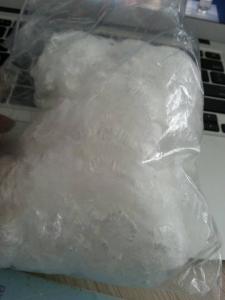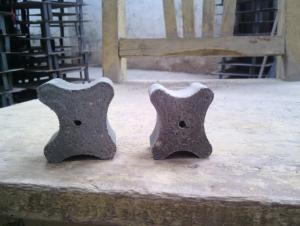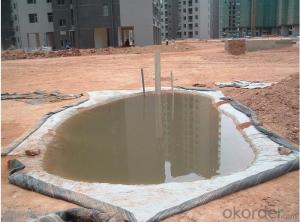Three Layers Geotextile Composite Geomembrane
- Loading Port:
- Qingdao
- Payment Terms:
- TT or LC
- Min Order Qty:
- 1000 m²
- Supply Capability:
- 500000 m²/month
OKorder Service Pledge
OKorder Financial Service
You Might Also Like
Geotextile Composite Geomembrane Description:
Geotextile composite geomembrane is made by nonwoven geotextile and PE/PVC geomembrane. It has geotextile and geomembrane, geomembrane with nonwoven geotextile on both sides, nonwoven geotextile with geomembrane on both sides, multi-layer geotextile and geomembrane.
Geotextile Composite Geomembrane Specification:
1)One geotextile and one geomembrane: geotextile 100-800g/m2, geomembrane 0.1-1.0mm
2)Geomembrane with geotextile on both sides: geotextile 100-400g/m2, geomembrane 0.2-1.0mm
3)Geotextile with geomembrane on both sides: geotextile 100-800g/m2, geomembrane 0.1-0.8mm
Geotextile Composite Geomembrane Technical Data Sheet:
Table 1: one layer geotextile + one layer geomembrane
Item | Unit | Specification | |||||||
Weight unit area | g/m2 | 400 | 500 | 600 | 700 | 800 | 900 | 1000 | |
Structure | Geotextile | g/m2 | 150 | 200 | 300 | 300 | 300 | 400 | 400 |
Geomembrane | mm | ||||||||
Tensile strength at break | kn/m | 6 | 11 | 14 | 16 | 18 | 20 | ||
Elongation at break | % | 30-100 | |||||||
Tear resistance | Kn | ||||||||
CBR | kn | 3 | |||||||
Vertical permeability coefficient | Cm/s | 1*10-12
| |||||||
Hydrostatic pressure resistance | Mpa | ||||||||
Table 2: two layer geotextiles + one layer geomembrane
Item | Unit | Specification | |||||||
Weight unit area | g/m2 | 400 | 500 | 600 | 700 | 800 | 900 | 1000 | |
Structure | Geotextile | g/m2 | 100 | 100 | 150 | 200 | 200 | 200 | 200 |
Geomembrane | mm | ||||||||
Tensile strength at break | kn/m | 6 | 11 | 14 | 16 | 18 | 20 | ||
Elongation at break | % | 30-100 | |||||||
Tear resistance | Kn | ||||||||
CBR | kn | 3 | |||||||
Vertical permeability coefficient | Cm/s | 1*10-12
| |||||||
Hydrostatic pressure resistance | Mpa | ||||||||
Geotextile Composite Geomembrane Property:
Good flexibility; separation, reinforcement and protection; waterproofing
Geotextile Composite Geomembrane Application:
Reinforcement in channel; embankment, reservoir; waterproofing in reservoir; rock fill dam and transportation tunnel.
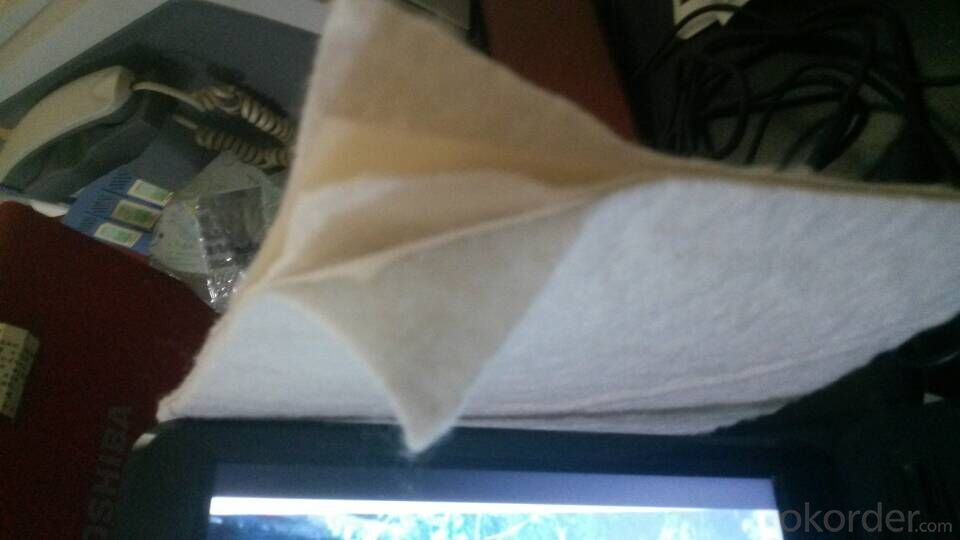
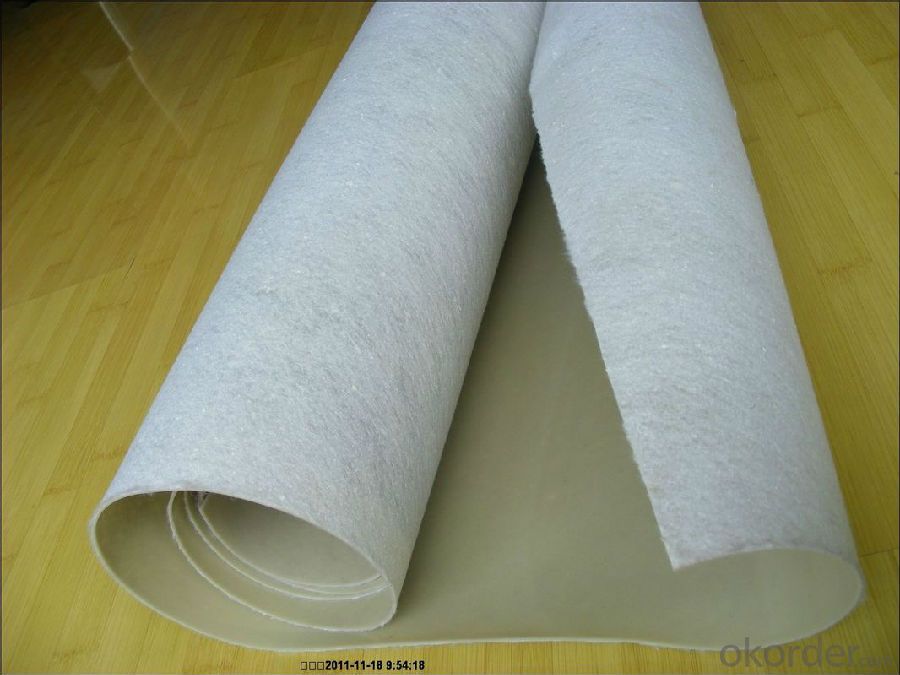
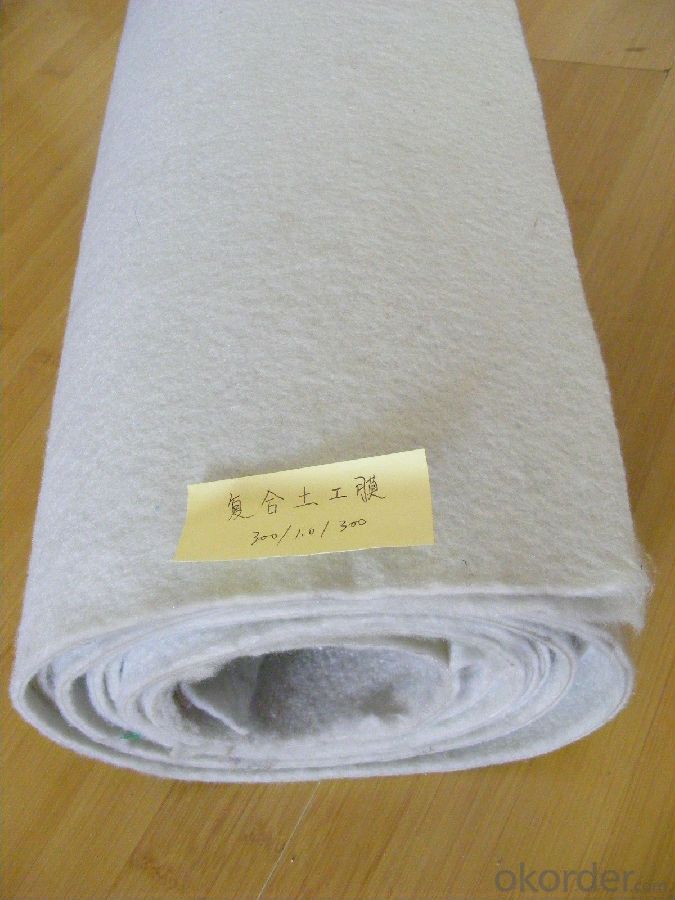
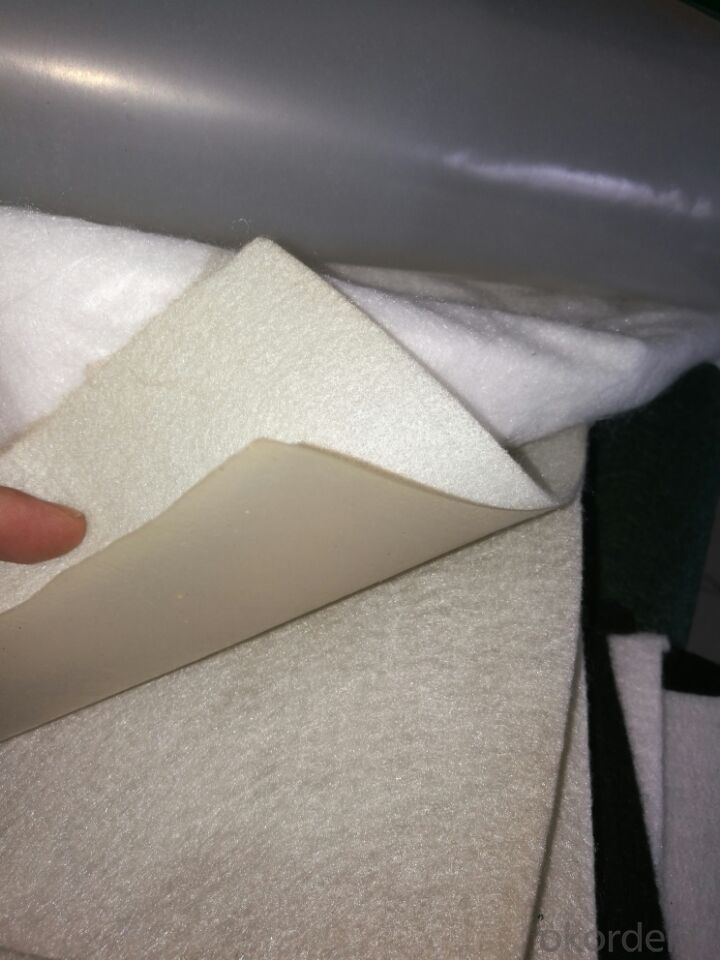
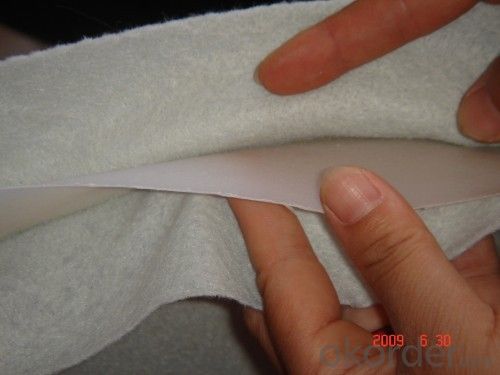
- Q: Are earthwork products suitable for bridge approach embankments?
- Yes, earthwork products are commonly used and suitable for constructing bridge approach embankments. These products, such as soil, rock, and fill materials, are widely employed in the construction industry to build stable and durable embankments that support bridge approaches.
- Q: Can earthwork products be customized according to specific project requirements?
- Yes, earthwork products can be customized according to specific project requirements.
- Q: How are geotubes used in beach erosion control?
- Geotubes are commonly used in beach erosion control as a protective measure against coastal erosion. These large fabric tubes filled with sand or sediment act as a barrier between the beach and the force of waves and currents. Placed strategically along the shoreline, geotubes create a buffer zone that absorbs the energy of the waves and reduces their impact on the beach. This helps to prevent further erosion and preserves the natural coastal landscape.
- Q: Can earthwork products be used for bridge construction?
- Yes, earthwork products can be used for bridge construction. Earthwork materials such as soil, rocks, and aggregates are commonly used in various components of bridge construction, including foundations, embankments, retaining walls, and backfilling. These materials are often compacted to provide stability and support for the bridge structure. Additionally, geosynthetic products, which are commonly used in earthwork, can provide reinforcement and erosion control in bridge construction projects.
- Q: How do earthwork products contribute to bridge abutment construction?
- Earthwork products play a crucial role in bridge abutment construction by providing stability and support to the structure. These products, such as geotextiles, geogrids, and geosynthetics, are used to reinforce the soil and prevent erosion, ensuring the abutment's durability and longevity. Additionally, earthwork products help distribute the load from the bridge to the surrounding soil, enhancing the overall strength and performance of the abutment.
- Q: Are earthwork products suitable for use in railway construction?
- Yes, earthwork products are suitable for use in railway construction. These products, such as gravel, sand, and soil, are commonly used in the construction of railway tracks, embankments, and other related infrastructure. They provide stability, drainage, and a solid foundation for the tracks, ensuring safe and efficient railway operations.
- Q: What is the purpose of using earthwork products in construction?
- The purpose of using earthwork products in construction is to shape and manipulate the earth's surface to create a stable foundation, provide drainage, control erosion, and achieve desired grades and slopes. These products, such as soil, gravel, and rocks, are used to build roads, embankments, foundations, and other infrastructure elements, ensuring the structural integrity and longevity of the construction project.
- Q: What are the different types of geocell materials available?
- There are several types of geocell materials available, including high-density polyethylene (HDPE), polypropylene (PP), and polyester. Each material has its own unique properties and strengths, making them suitable for different applications and environments.
- Q: How do earthwork products contribute to groundwater recharge?
- Earthwork products, such as rain gardens, bioswales, and retention ponds, contribute to groundwater recharge by capturing and filtering stormwater runoff. These products are designed to slow down and absorb rainwater, allowing it to infiltrate into the ground instead of running off into nearby water bodies. This process helps replenish underground aquifers and maintain water levels, ultimately supporting groundwater recharge.
- Q: What are the different finishes available for earthwork products?
- The different finishes available for earthwork products include rough, smooth, textured, stamped, and stained finishes.
Send your message to us
Three Layers Geotextile Composite Geomembrane
- Loading Port:
- Qingdao
- Payment Terms:
- TT or LC
- Min Order Qty:
- 1000 m²
- Supply Capability:
- 500000 m²/month
OKorder Service Pledge
OKorder Financial Service
Similar products
Hot products
Hot Searches
Related keywords
